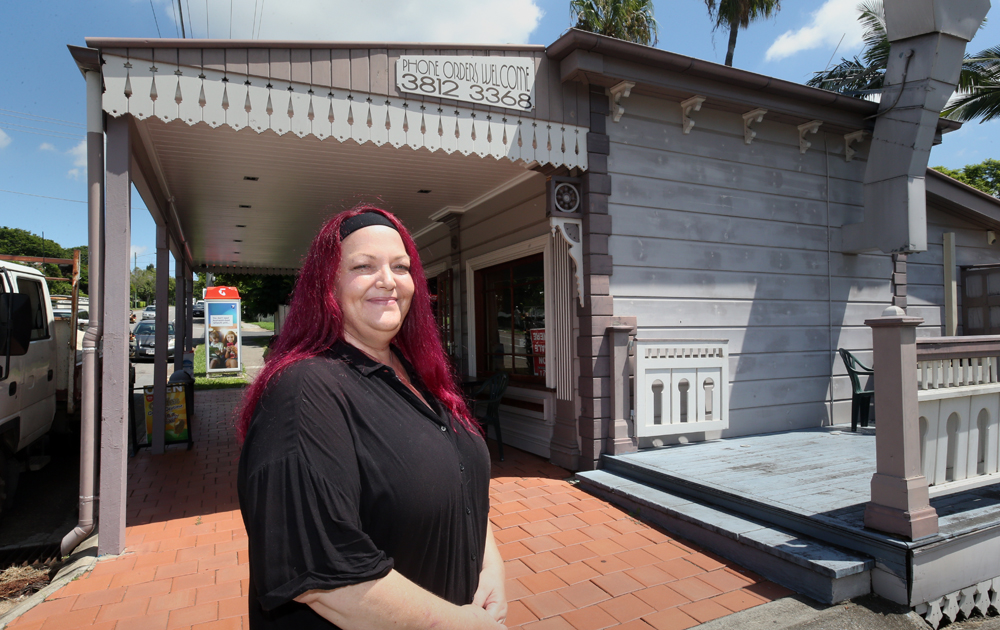From essential grocery suppliers to local meeting places, corner stores hold a significant place in Ipswich history.
University of Southern Queensland student Peta Downes wanted to explore the value of social significance corner stores held and her thesis can be found on Picture Ipswich.
Ms Downes said some research has been done previously on corner stores, but it has focused mainly on the building itself and what interested her was looking at what occurred on the premises and how that formed Ipswich identity.
“A lot of people remember them from their childhood,” Ms Downes said.
“Whether they were a teenager who went to play the pinball or a child buying a bag of lollies or an older resident who came as part of their daily routine.
“Most importantly people remember the store keeper.”
In her research, Ms Downes found store keepers to be the real back bone of the corner stores as well as local residents getting to know each other by creating community connections.
“When you ask people what they remember about the local corner store, it is often the store keepers who were members of their community in more ways than one,” Ms Downes said.
“They often lived out the back and took part in the community by volunteering and supplying trophies and sometimes their store as a venue.
“Vickers General Store would hold dances out the back.”
Ms Downes said there were about 100 corner stores around Ipswich from their inception to their demise in the late 80s.
“A lot of these buildings remain, but they are shadows in the streetscape of what they once were,” she said.
“Many sit empty, but the corner stores declined as cars and public transport became better as well as the introduction of large supermarkets.”
Ms Downs found that the stores would sell local products such as McMahons Soft Drinks and support local manufactures.
“Often people would walk to their local store, so they would see their neighbours on the way there or back,” she said.
“Originally it was where the public telephone was located at a time when many people did not yet have their own telephone.
“It was a place to meet up for a chat.”
Read also:
Alfred Lowe in his corner store in 1960. Lowes was on the corner of Warwick Road and Park Street, Ipswich. Image: Picture Ipswich
An extract from The Social Significance of Corner Stores in Ipswich, Queensland
Corner stores would stock a variety of perishable and non-perishable items in proximity to residences.
This was a necessity as refrigerators were not common in households and very few had access to a motor vehicle to transport bulk items, meaning people needed to shop for their groceries on a day to day basis.
The merchandise within a corner store was also usually highly organised.
Haberdashery, fabric and clothing had its place on one side of the store, food items on the other and at the rear of the store was the hardware.
Perishable food was sometimes kept in a cool room or cellar.
Under the counter, which served as a separation of the shop assistant and goods from the customer, dry goods such as flour were kept and dispensed from storage bins that kept it secure from mice and other pests.
In some larger stores, customers may have been attended by someone known as a store floorwalker, whose job was to ensure the customer was comfortably seated before the sales assistant helped the customer with their purchases.
The customer would then tell the assistant what they wished to buy, and the assistant would retrieve the article/s and wrap them in paper tied with a string. The customer would then pay for their purchases.
This personalised service may have also allowed a chance for the exchange of news or gossip.
This image slider shows Lowes from 1960 on the left and as it is today on the right

